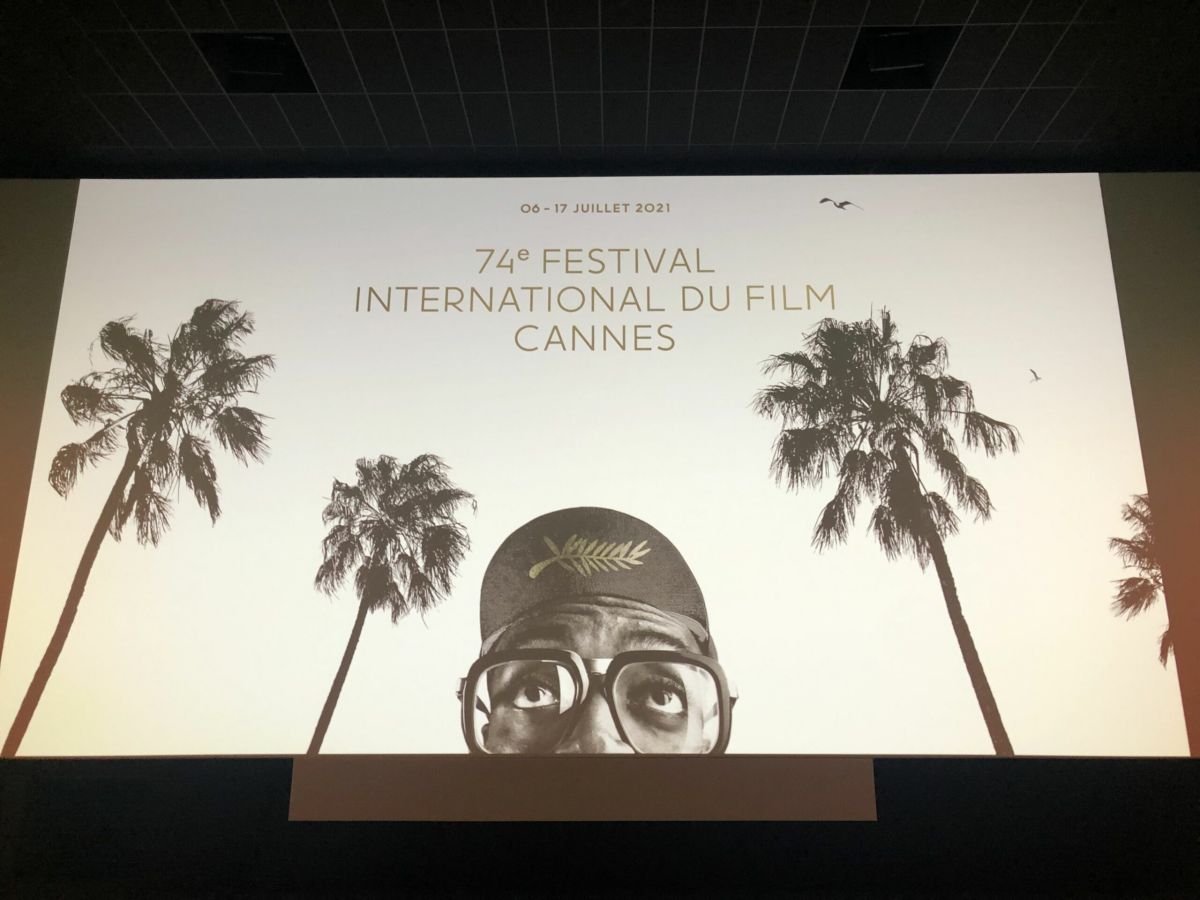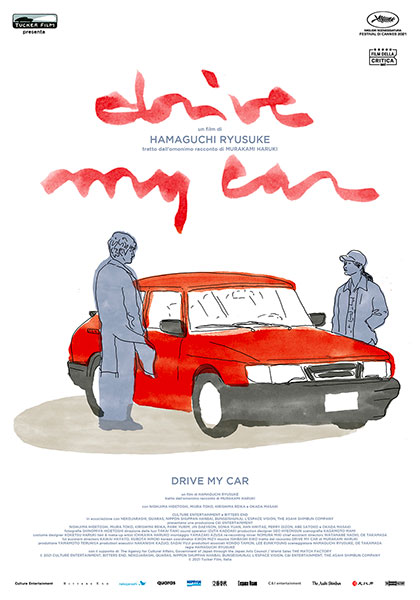My Experience at Cannes Film Festival

When I tell people in the film community that I was able to attend the Cannes Film Festival over the summer, they usually feel shocked – how was someone from outside the industry able to go to the most prestigious and exclusive film festival out there? The answer is that, for the past few years, Cannes has been slowly opening its doors to wider audiences. With its 3 Days in Cannes program, the festival offers an exclusive pass for cinephiles aged 18 to 28, and enables them to experience what was once entirely inaccessible.
There’s something special in watching films months before their release, and being able to form your opinion on the film when regular audiences are not even aware of its existence. Or, what is a case for smaller festivals, watching films that will never even be released or widely screened.
But what makes Cannes truly stand out from all the other film festivals I attended is, unsurprisingly, its prestige and pervasive glamour. It is a place where regular people, like me, walk on the same red carpet and sit in the same room as world’s greatest film stars and film professionals.
Entering the Palais des Festivals on the red carpet alongside Tilda Swinton, or seeing Timothee Chalamet and Spike Lee stroll around the cinema is something that can’t happen anywhere else – but in Cannes it’s nothing out of ordinary.
The way cinema stars and regular cinephiles blend with each other makes for a dreamlike atmosphere that cannot be compared to anything else. So does dressing up in a full suit to queue for red carpet gala premieres, struggling not to burn in French summer sun, and, obviously, watching way too many films than is manageable.

TITANE – PALME D’OR WINNER
I watched 22 out of the 24 films in the main competition, and I have to say that choosing Titane as the Palme d’Or winner was a massive disappointment for me at the time. Now, looking back, I am more appreciative of this choice. Although Titane doesn’t live up to its predecessors in terms of depth and thorough commentary on social or human issues, it is one that truly stands out. Ultimately, I prefer an unconventional winner than a Cannes-bait of some sort, such as Asghar Farhadi’s A Hero, which took the second place prize.
With a complex and twisted story of a father and his child reuniting after years, Titane is a film transgressing boundaries of family dynamics, gender identity, and sexual attraction. It is, however, primarily focused not on pushing intellectual boundaries but on providing a shock value. Even though it tries to tackle the timely topics of gender fluidity and modern family relations, they ultimately get lost in a wild tempest of body horror.
Despite its problems, Titane is on track to become one of the Cannes winners that will leave a greater mark on world cinema. It recently scored the biggest US opening for a Cannes winner since Michael Moore’s Fahrenheit 9/11 in 2004. I can easily imagine it becoming a worldwide hit for cinephiles looking for unconventional, mind-bending cinematic experiences.
BENEDETTA
There was one film that, in my opinion, did a much better job at inflicting controversy and providing an artistically satisfying shock value than Titane. I’m talking about Paul Verhoeven’s Benedetta, one of the highly anticipated films at the festival and the one that definitely did deliver on expectation.
Set in the 17th century, Benedetta is a story of a lesbian nun who finds herself capable of performing miracles (or is she only pretending?). Full of controversial, blasphemous dark humour it is an in-depth reckoning with Christian history and wry commentary on sainthood.
The film’s success in unprecedented deconstruction of religious values found its confirmation in Christian protestors trying to block the film’s premiere at New York Film Festival in late September.
Its premise reminded me of Yorgos Lanthimos’s The Favourite, in terms of breaking with a solemn nature of period films dealing with tradition, and resorting to critically dissecting it using dark humour and overt, taboo-breaking sexualisation. Paul Verhoeven, however, did not stop were almost every other filmmaker would have stopped.
THE WORST PERSON IN THE WORLD
Joachim Trier’s The Worst Person in the World came out of Cannes with a best actress award, and throughout the festival season, emerged as a frontrunner for an International Film Oscar. It is a down-to-earth, relatable coming-of-age film about being a young adult in a modern, liberal society; something many of us can relate to already, or will be able to relate to in the near future.
The strength of this film lies in its balanced approach to storytelling, choosing simplicity and realism over extremes of any kind. We are given a glimpse at the main character’s romantic and professional struggles and can easily relate to every little mundane problem she encounters.
Even though it was written and directed by a 47-year-old, The Worst Person in the World is a voice of the millennial generation. And as Gen Z is trudging towards adulthood, it doesn’t take much to see our future selves in this story.
DRIVE MY CAR
Drive My Car was the film that unexpectedly stole many a hearts at Cannes, including mine. Appreciated by both the cinephiles and the critics, the 3-hour long Japanese drama directed by Ryusuko Hamaguchi went on to be the highest-rated film out of Cannes according to critics’ polls and received an award for best screenplay.
The premise of the film sounds simple and hardly original, the story of an actor-director who befriends a young woman appointed to be his chauffeur. But Drive My Car is not really a film you can compare to any road movie out there; it is a masterpiece in terms of subtly taking up reflections on all aspects of humanity, from childhood traumas, romantic and sexual experiences, to yearning for success in professional life and learning acceptance and tolerance towards every person in your life. It never tries to imply an answer or judge any of its characters, however ambiguous they might be – it’s all left for us to reflect on.
It is also a prime example of intertwining the creative, artistic process with human life, connecting Anton Chekhov’s drama classic Uncle Vanya with the protagonist’s journey to acceptance and tranquil happiness. Following his struggles to find his place in the world made me reflect on my own experience. It didn’t take me long to realise that sitting there, at a gala premiere in Cannes, I had found my place. Observing the titular Saab 900 roam the Japanese highways brought me the same tranquility that the characters Drive My Car strive to find.








